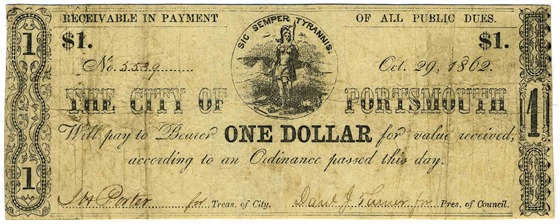OCTOBER 30TH.—The Commissary-General is in hot water on account of some of his contracts, and a board of inquiry is to sit on him.
The President has delayed the appointment of Gen. E. Johnson, and Gen. Echols writes that several hundred of his men have deserted; that the enemy, 10,000 or 15,000 strong, is pressing him, and he must fall back, losing Charleston, Virginia, the salt works, and possibly the railroad. He has less than 4000 men!
But we have good news from England—if it be true. The New York Express says Lord Lyons is instructed by England, and perhaps on the part of France and other powers, to demand of the United States an armistice; and in the event of its not being acceded to, the governments will recognize our independence. One of the President’s personal attendants told me this news was regarded as authentic by our government. I don’t regard it so.
Yesterday the whole batch of “Plug Ugly” policemen, in the Provost Marshal’s “department,” were summarily dismissed by Gen. Winder, for “malfeasance, corruption, bribery, and incompetence.” These are the branches: the roots should be plucked up, and Gem Winder and his Provost Marshal ought to resign. I believe the President ordered the removal.










